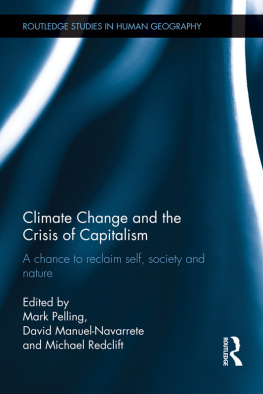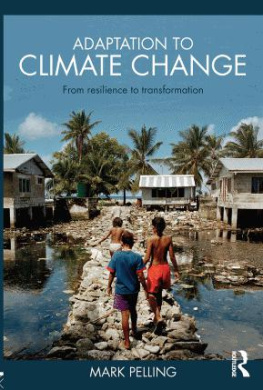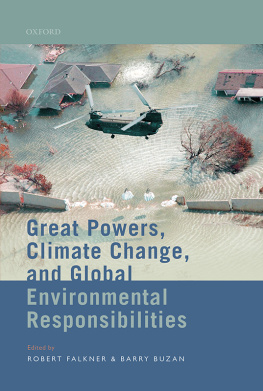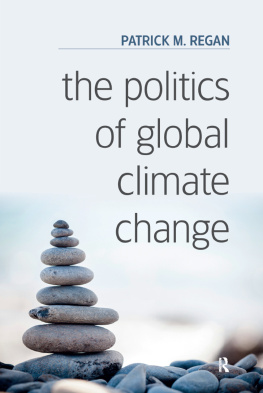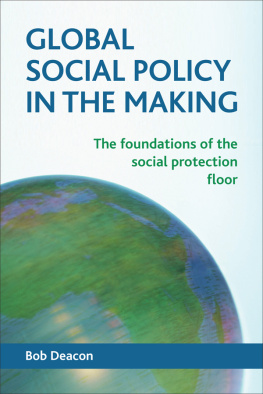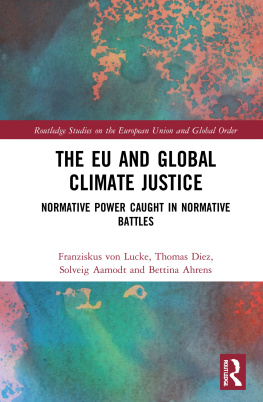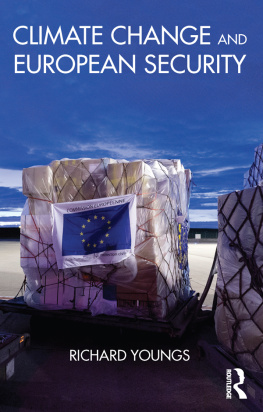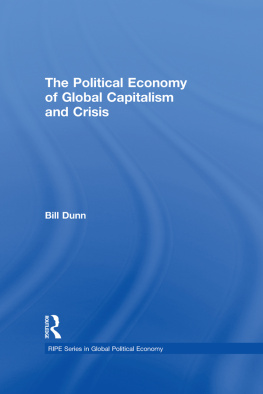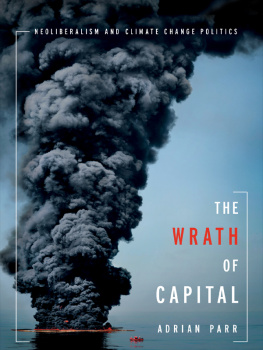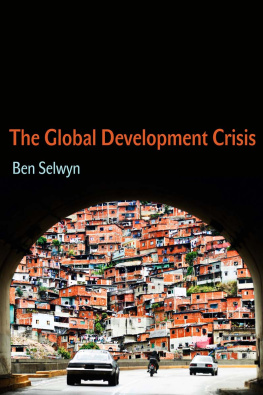Climate Change and the Crisis of Capitalism
Are established economic, social and political practices capable of dealing with the combined crises of climate change and the global economic system? Will falling back on the wisdoms that contributed to the crisis help us to find ways forward or simply reconfigure risk in another guise? This volume argues that the combination of global environmental change and global economic restructuring require a rethinking of the priorities, processes and underlying values that shape contemporary development aspirations and policy.
This volume brings together leading scholars to address these questions from several disciplinary perspectives: environmental sociology, human geography, international development, systems thinking, political sciences, philosophy, economics and policy/ management science. The book is divided into four parts that examine contemporary development discourses and practices. It bridges geographical and disciplinary divides, and includes chapters on innovative governance that confront unsustainable economic and environmental relations in both developing and developed contexts. It emphasises the ways in which dominant development paths have necessarily forced a separation of individuals from nature, but also from society and even from self. These three levels of alienation each form a thread that runs through the book. There are different levels and opportunities for a transition towards resilience, raising questions surrounding identity, governance and ecological management. This places resilience at the heart of the contemporary crisis of capitalism, and speaks to the relationship between the increasingly global forms of economic development and the difficulties in framing solutions to the environmental problems that carbon-based development brings in its wake. Existing social science can help in not only identifying the challenges but also potential pathways for making change locally and in wider political, economic and cultural systems, but it must do so by identifying transitions out of carbon dependency and the kinds of political challenges they imply for reflexive individuals and alternative community approaches to human security and well-being.
Climate Change and the Crisis of Capitalism contains contributions from leading scholars to produce a rich and cohesive set of arguments, from a range of theoretical and empirical viewpoints. It analyses the problem of resilience under existing circumstances, but also goes beyond this to seek ways in which resilience can provide a better pathway and template for a more sustainable future. This volume will be of interest to both undergraduate and postgraduate students studying Human Geography, Environmental Policy and Politics.
Mark Pelling is a Professor of Geography at Kings College, London. His research specialism is adaptation to climate change, in developing countries and more recently in the UK and Europe. David Manuel-Navarrete is a Senior Research Associate at Kings College, London and a Visiting Researcher at desiguALdade.net (Free University of Berlin and Ibero-American Institute), where he studies spatial inequalities created by global tourism in the Mexican Caribbean. Michael Redclift is Professor of International Environmental Policy at Kings College, London. His research interests include sustainable development, global environmental change, environmental security and the modern food system.
Routledge studies in human geography
This series provides a forum for innovative, vibrant and critical debate within Human Geography. Titles will reflect the wealth of research which is taking place in this diverse and ever-expanding field.
Contributions will be drawn from the main subdisciplines and from innovative areas of work which have no particular subdisciplinary allegiances.
Published:
1 A Geography of Islands
Small island insularity
Stephen A. Royle
2 Citizenships, Contingency and the Countryside
Rights, culture, land and the environment
Gavin Parker
3 The Differentiated Countryside
Jonathan Murdoch, Philip Lowe, Neil Ward and Terry Marsden
4 The Human Geography of East Central Europe
David Turnock
5 Imagined Regional Communities
Integration and sovereignty in the global south
James D Sidaway
6 Mapping Modernities
Geographies of Central and Eastern Europe 19202000
Alan Dingsdale
7 Rural Poverty
Marginalisation and exclusion in Britain and the United States
Paul Milbourne
8 Poverty and the Third Way
Colin C. Williams and Jan Windebank
9 Ageing and Place
Edited by Gavin J. Andrews and David R. Phillips
10 Geographies of Commodity Chains
Edited by Alex Hughes and Suzanne Reimer
11 Queering Tourism
Paradoxical performances at Gay Pride parades
Lynda T. Johnston
12 Cross-Continental Food Chains
Edited by Niels Fold and Bill Pritchard
13 Private Cities
Edited by Georg Glasze, Chris Webster and Klaus Frantz
14 Global Geographies of Post Socialist Transition
Tassilo Herrschel
15 Urban Development in Post- Reform China
Fulong Wu, Jiang Xu and Anthony Gar-On Yeh
16 Rural Governance
International perspectives
Edited by Lynda Cheshire, Vaughan Higgins and Geoffrey Lawrence
17 Global Perspectives on Rural Childhood and Youth
Young rural lives
Edited by Ruth Panelli, Samantha Punch and Elsbeth Robson
18 World City Syndrome
Neoliberalism and inequality in Cape Town
David A. McDonald
19 Exploring Post Development
Aram Ziai
20 Family Farms
Harold Brookfield and Helen Parsons
21 China on the Move
Migration, the state and the household
C. Cindy Fan
22 Participatory Action Research Approaches and Methods
Connecting people, participation and place
Edited by Sara Kindon, Rachel Pain and Mike Kesby
23 TimeSpace Compression
Historical geographies
Barney Warf
24 Sensing Cities
Monica Degen
25 International Migration and Knowledge
Allan Williams and Vladimir Bal
26 The Spatial Turn
Interdisciplinary perspectives
Edited by Barney Warf and Santa Arias
27 Whose Urban Renaissance?
An international comparison of urban regeneration policies
Edited by Libby Porter and Katie Shaw
28 Rethinking Maps
Edited by Martin Dodge, Rob Kitchin and Chris Perkins
29 RuralUrban Dynamics
Livelihoods, mobility and markets in African and Asian frontiers
Edited by Jytte Agergaard, Niel Fold and Katherine V. Gough
30 Spaces of Vernacular Creativity
Rethinking the cultural economy
Edited by Tim Edensor, Deborah Leslie, Steve Millington and Norma Rantisi
31 Critical Reflections on Regional Competitiveness
Gillian Bristow
32 Governance and Planning of Mega- City Regions
An international comparative perspective
Edited by Jiang Xu and Anthony G.O. Yeh
33 Design Economies and the Changing World Economy
Innovation, production and competitiveness
John Bryson and Grete Rustin
34 Globalization of Advertising
Agencies, cities and spaces of creativity
James Faulconbridge,Peter J. Taylor, J.V. Beaverstock and C. Nativel
35 Cities and Low Carbon Transitions

